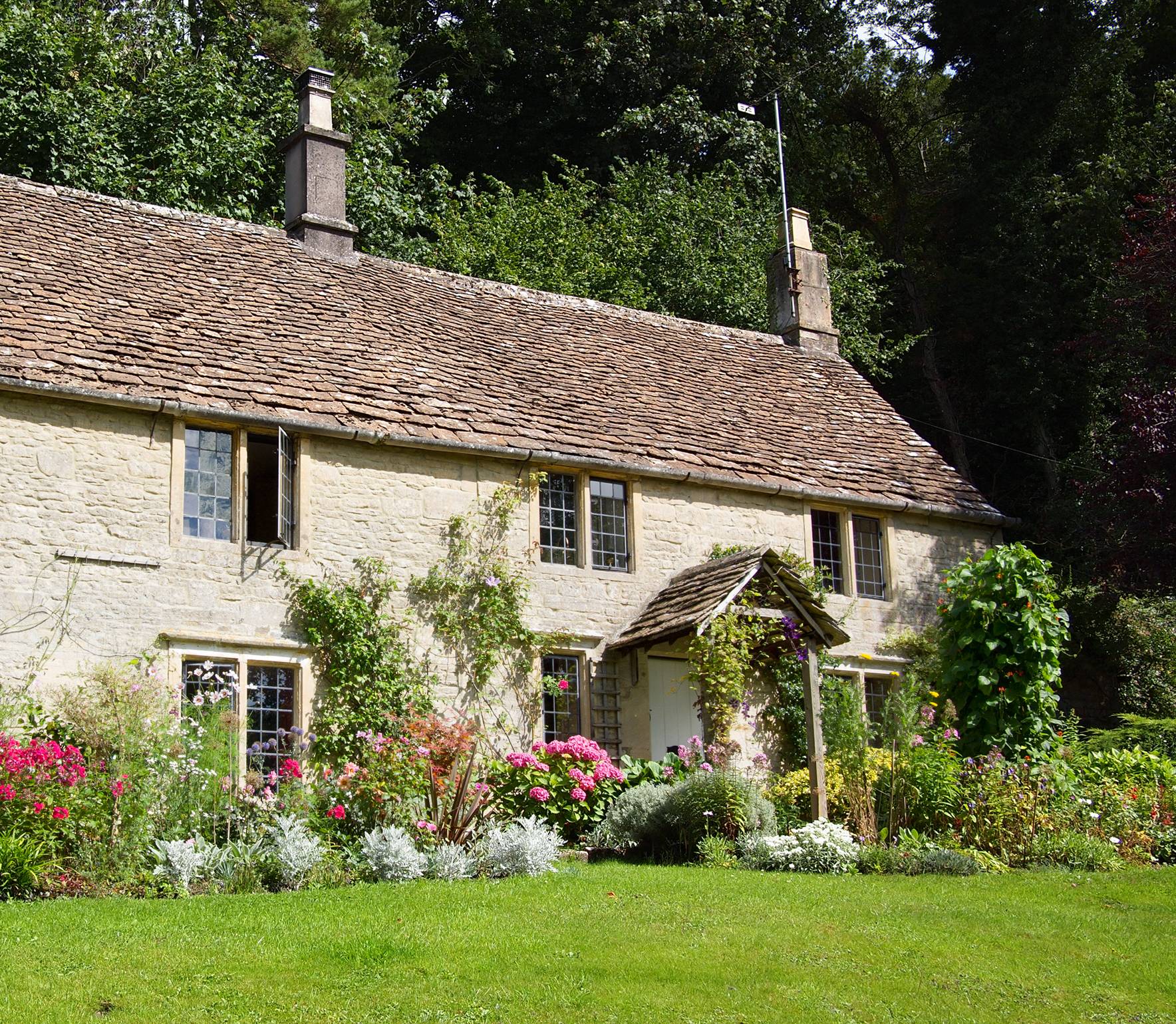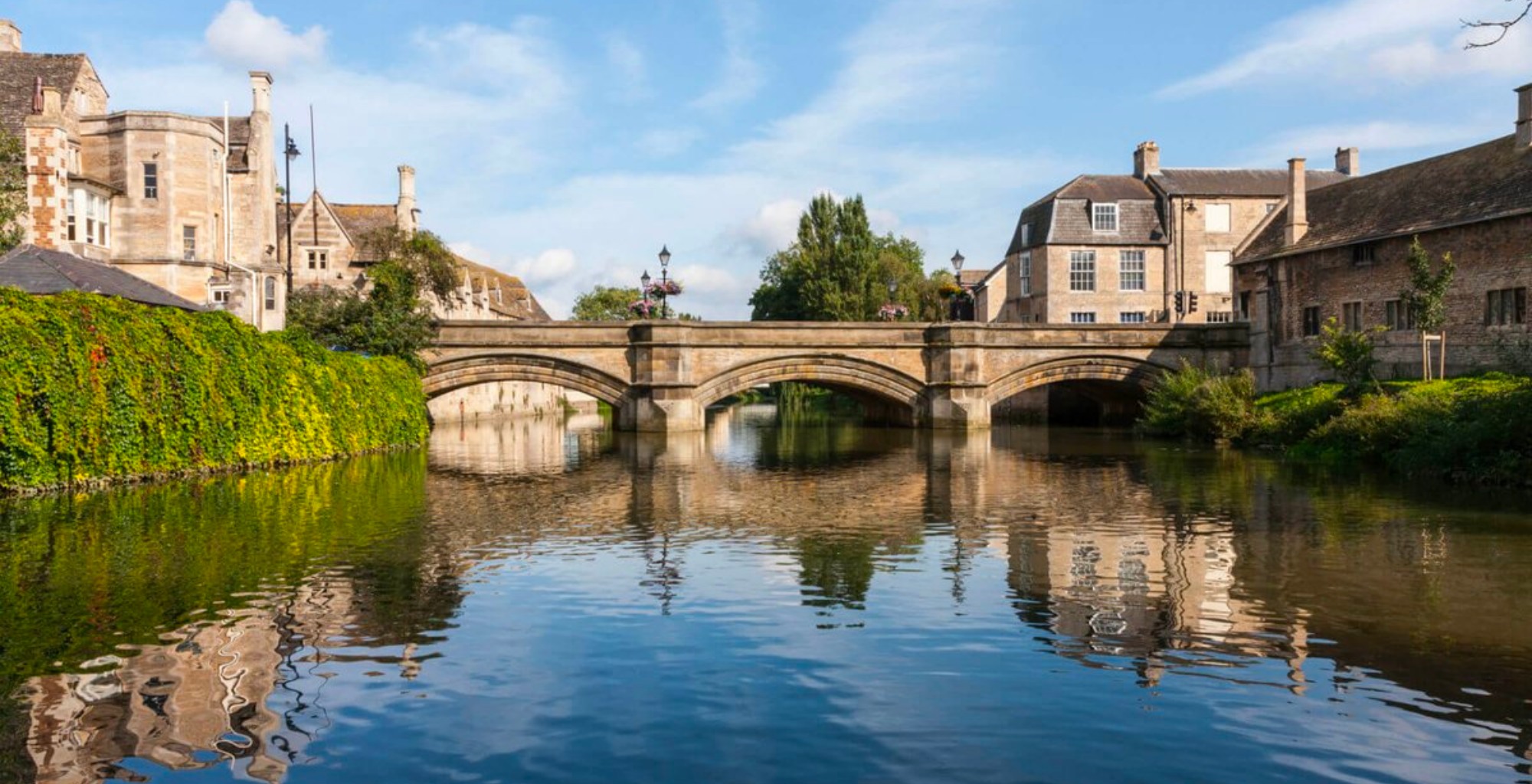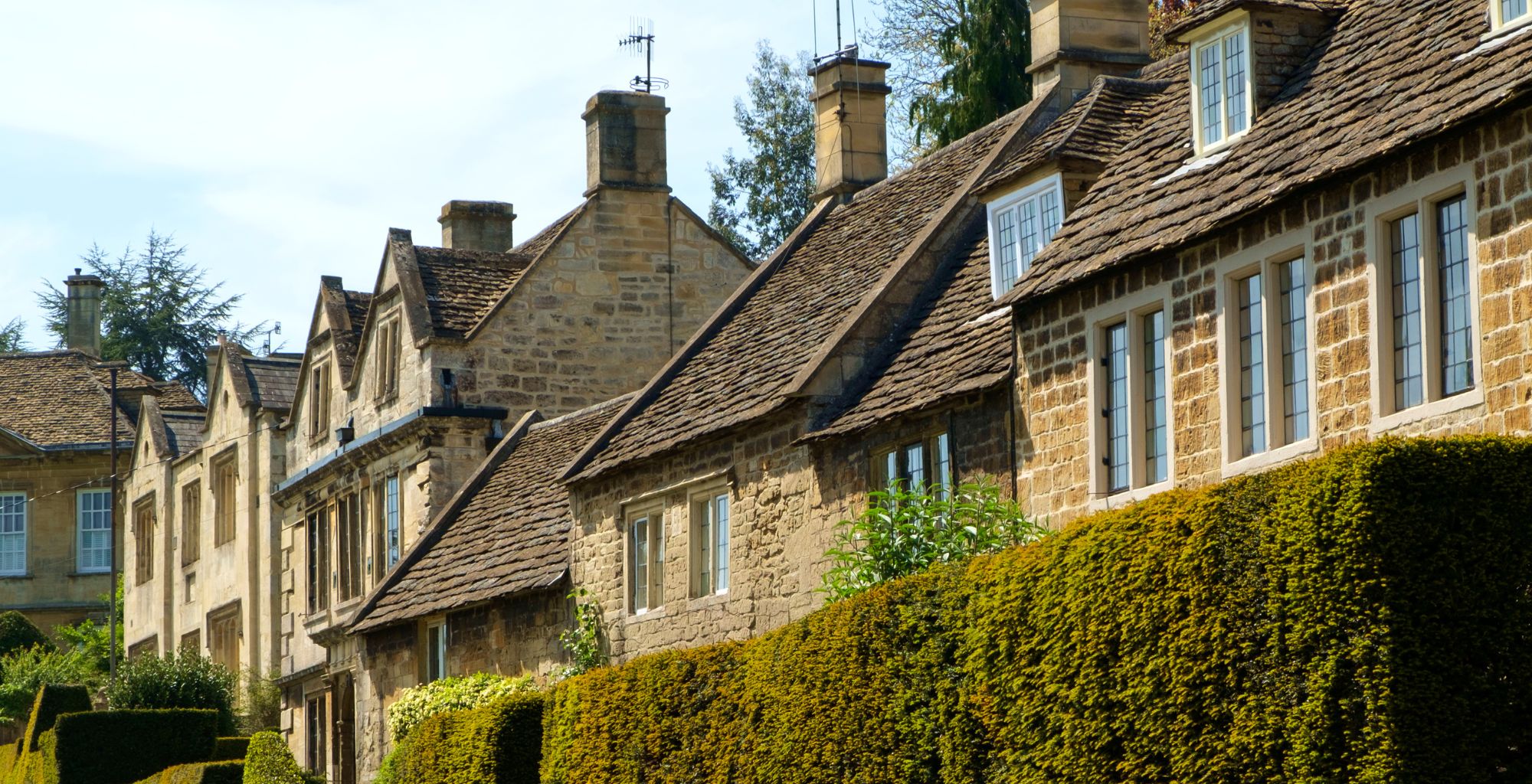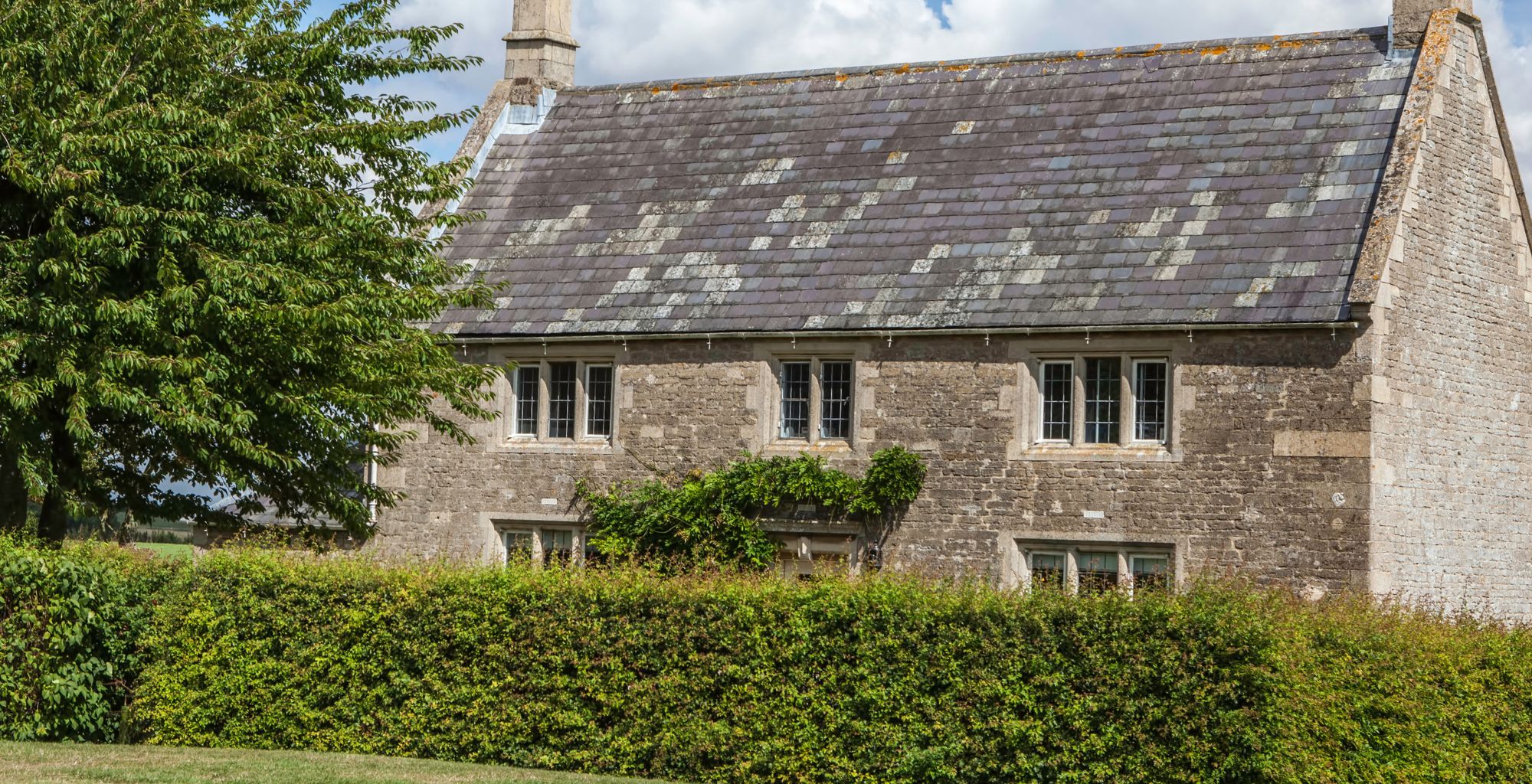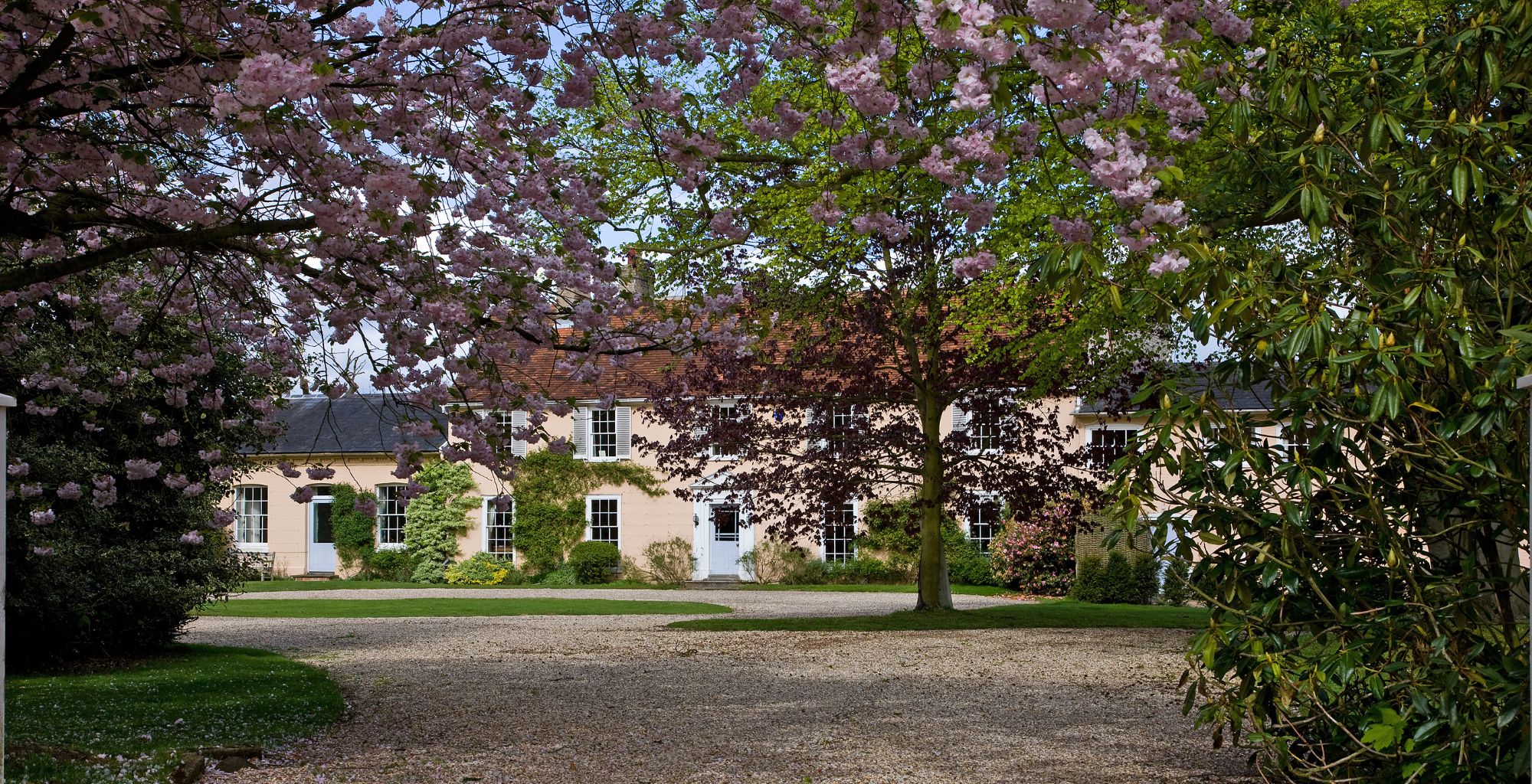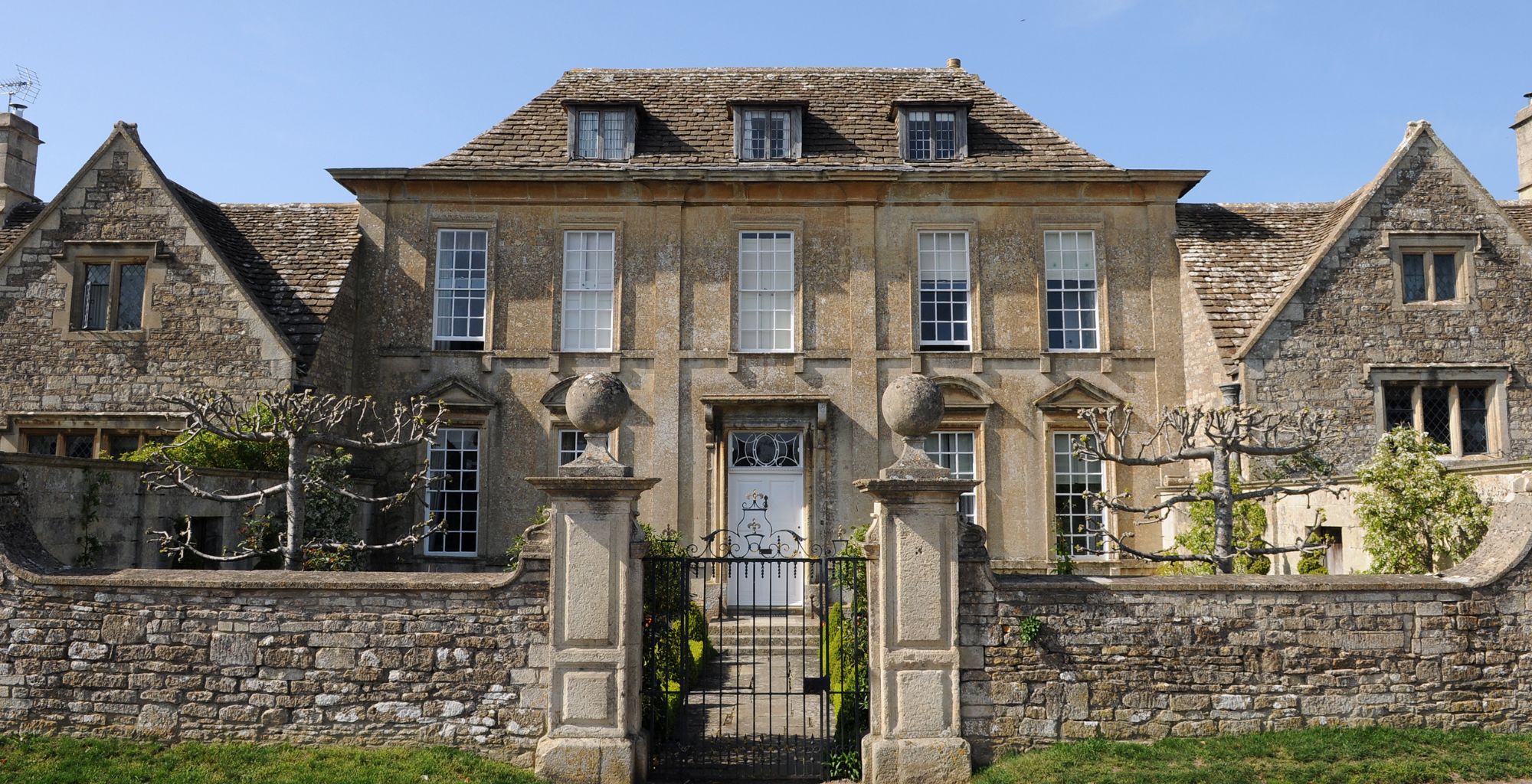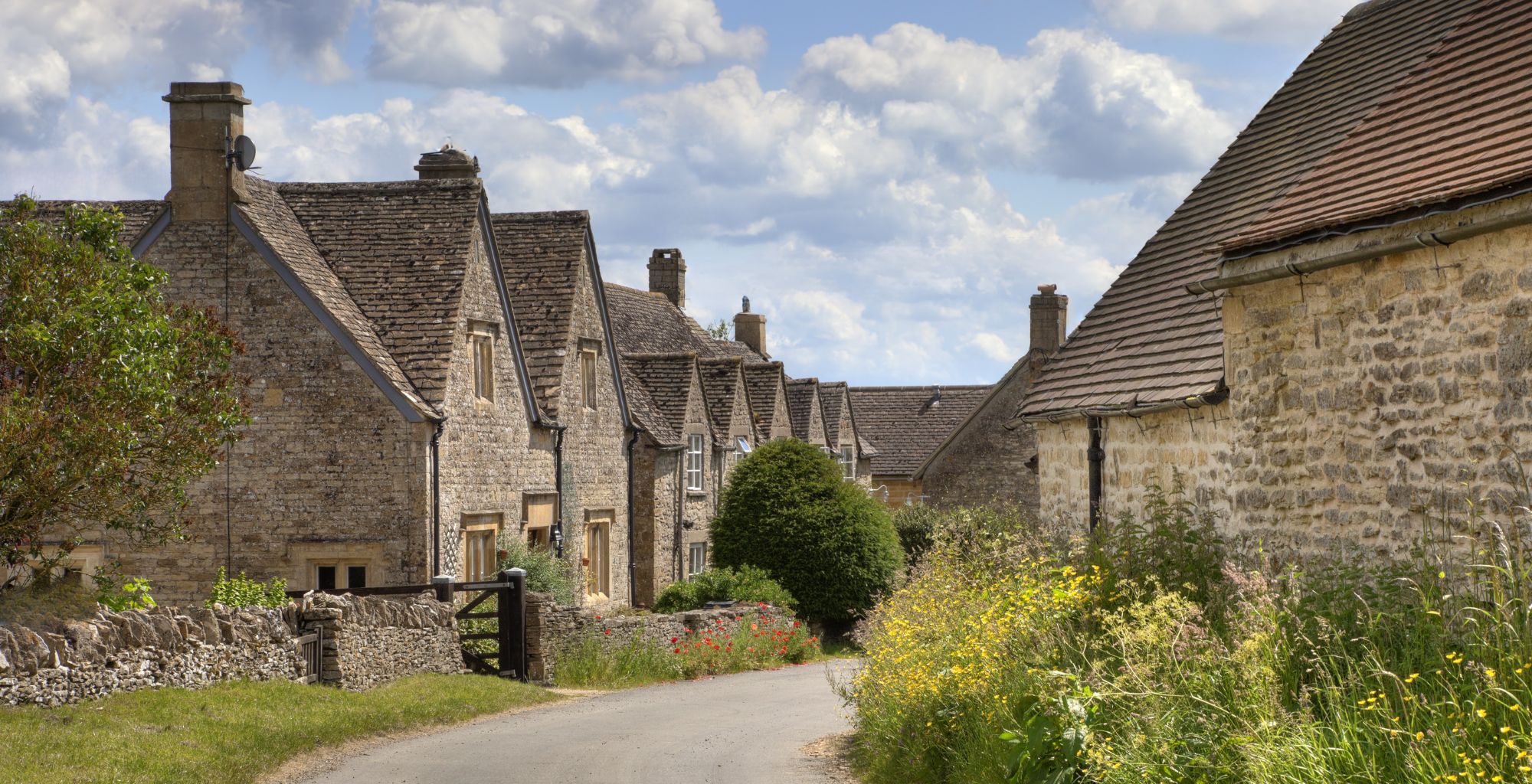Garrington is delighted to be recognised in the 2025 Spear’s Property Indices – a respected benchmark for excellence...
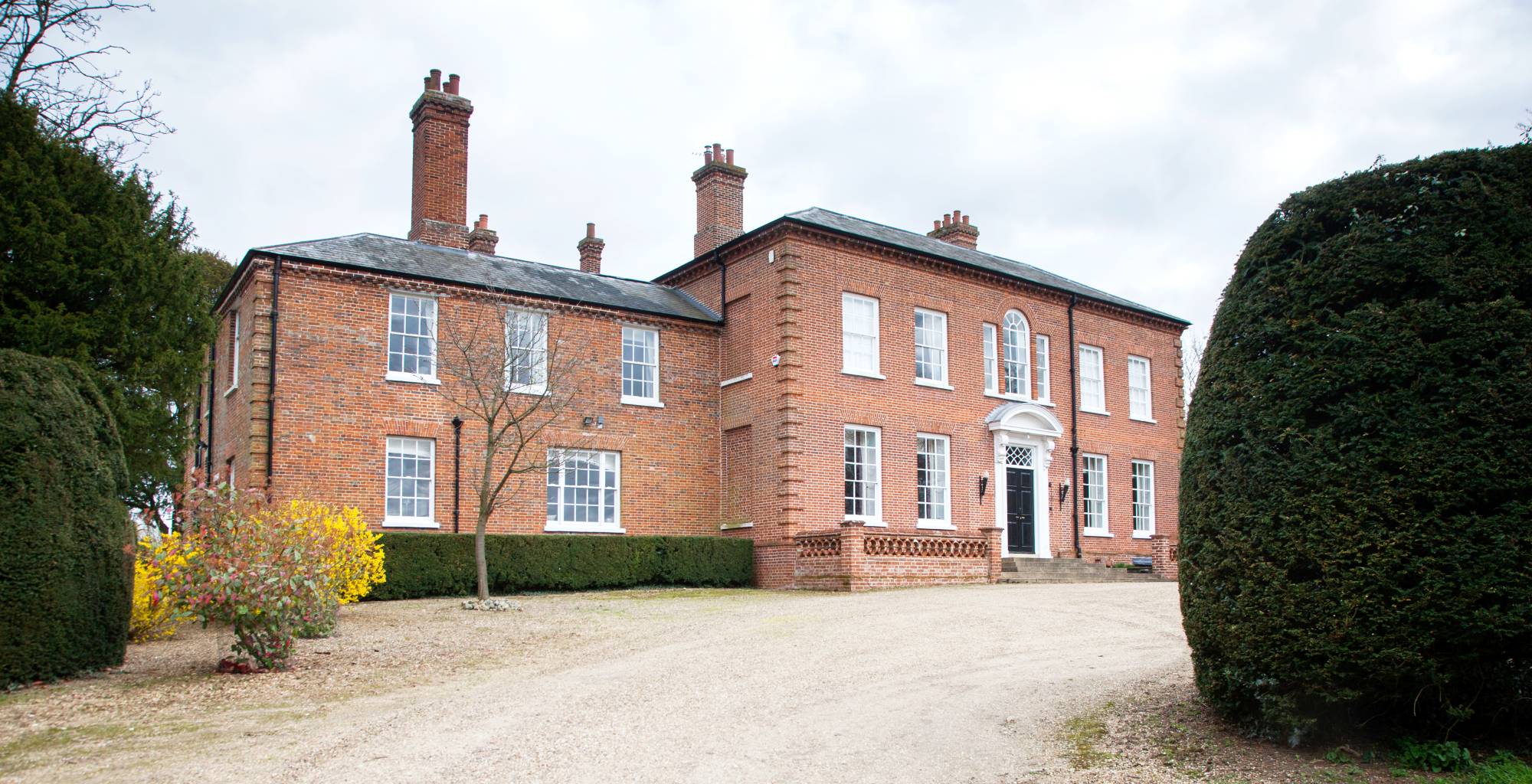
Best and final offer – what to do when and how to win
Those who have been actively searching for a property over the past 12 or so months will have likely encountered properties that have been very popular with buyers.
In order to fairly select the purchaser who will proceed with the purchase, the seller and their agent may decide to ask for a best and final offer from each interested party.
What is a best and final offer?
In residential property, the best and final offer process is often used to set a deadline for all interested parties to submit a final bid on a property by a certain date and time.
As mentioned, estate agents will often use this more forensic method of selecting a winning bidder when there are several interested parties. It most commonly occurs in a busy, rising property market.
Best and final offers work very similarly to sealed bids where all offers are also asked to be put forward by a certain deadline.
However, sealed bids must be put forward in a ‘sealed’ fashion, usually in an envelope, and then all offers are opened together after the deadline for a seller to consider the buyer they would like to proceed with.
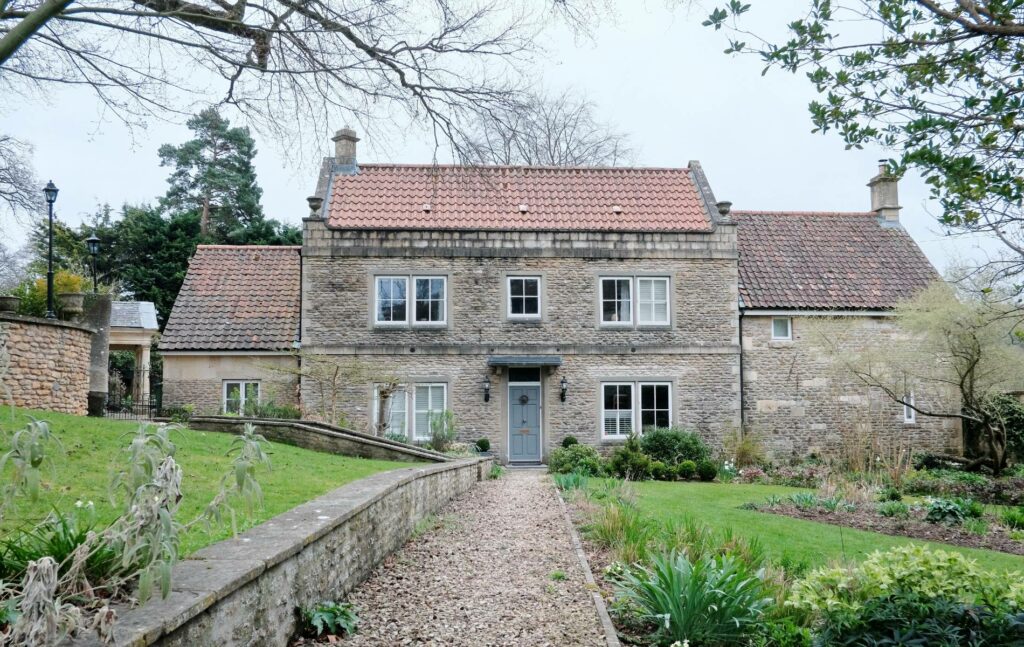
Why do estate agents do best and final offers?
Buyers can find a best and final scenario to be pressured and are often left wondering why estate agents use this method.
Whilst the scenario is seldom well received by prospective buyers, it should not be viewed as an underhand tactic used by estate agents.
Best and final offers are often the fairest way for sellers to assess all the interest parties and select a buyer that best matches their future plans.
How do you win a best and final offer?
A best and final or sealed bid scenario can feel difficult to play, especially with such high stakes and when you’re up against other parties who are likely to want the property just as much as you.
Of course it is important to retain a level head. Paying marginally over the odds for a home you intend to live in for many years can sometimes be understandable and worth it.
On other occasions, a ballooned price could be a very costly mistake. Furthermore, it is not always about the highest figure offered.
The key to winning a best and final offer is to present yourself in the best position to match the future plans of the seller, meaning that buyers should try to establish a seller’s motivations for selling.
Calculating how much to offer
Don’t just pick a figure from the sky, conduct research to see what nearby similar properties have recently sold for in order to arrive at a fair figure.
If you want to pay a little over the odds to ensure you win over other buyers, having comparable evidence will allow you to establish how much over the odds is reasonable.
When you intend a property to be your ‘forever home’ it can be challenging not to hugely overpay – as buying agents we are often a voice of reason in these scenarios, allowing our clients to make well-informed decisions.
Those getting a mortgage are particularly wise to research comparable recently sold price data thoroughly. If you put forward a high bid and are successful you might come unstuck should the lender down-value the property and refuse to lend the full amount.
A best and final offer is your last chance – if you miss out, its best to do so knowing you couldn’t have done more.
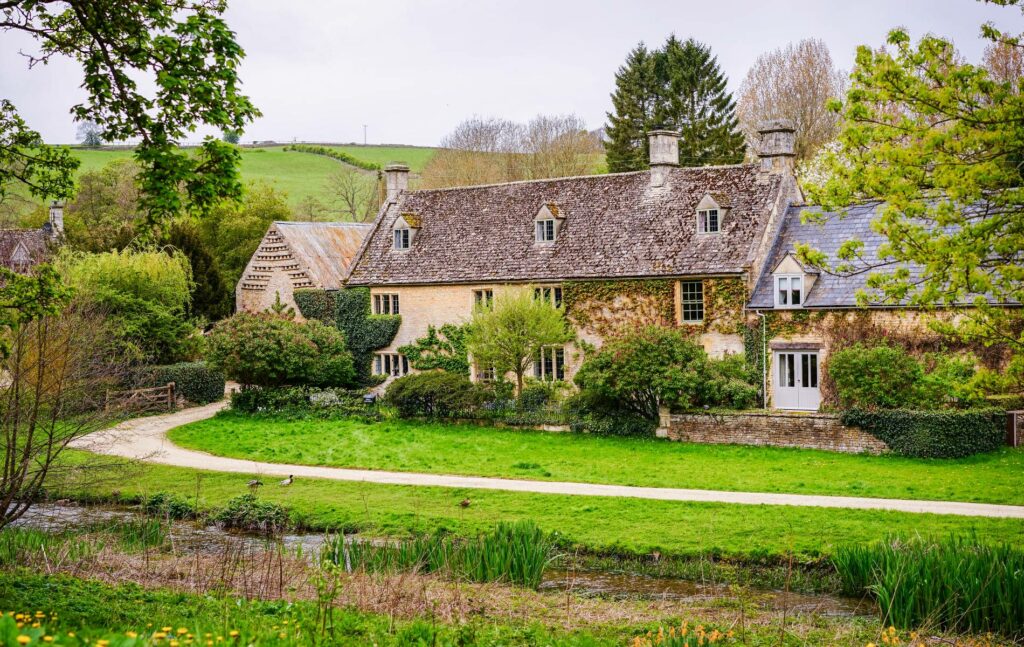
Points to include in your offer
We firmly believe that whilst all offers can be put forward verbally, the best way to present an offer, whether it’s in a best and final scenario or less pressured setting, is in writing.
Be clear on the following points and try to highlight how these align with a seller’s plans:
- Ability to proceed – are you in a chain-free position, under offer or needing to sell?
- Plans for financing – will you be getting a mortgage, what is the loan to value, or are you buying with cash?
- Timescales – not all sellers are in a hurry so this could be to indicate you can move a the sellers pace.
- Personal circumstances – A little note about why you want to buy the property is often well-received as it can indicate your commitment.
- Amount offered – lastly the figure you are willing to pay
If you have a solicitor in place and ready to act on your behalf, including their details further shows readiness.
Do sellers always pick the highest offer?
No, contrary to popular belief sellers do not always pick the highest offer.
As seasoned property finders, we’ve seen many sealed best and final offers where the successful buyer has not been the highest bid.
Whether it is timescales, the buyers position and ability to proceed or how they’re financing the purchase, there are a number of other factors that can sway a seller’s decision.
Are best and final offers legally binding?
Best and final offers are not legally binding in the UK, they are however a respected method used to choose one buyer and proceed with them and only them.
Can you counter a best and final offer?
Technically you can counter a best and final offer, though it’s ill-advised as a seller is unlikely to entertain anything once they have chosen their buyer.
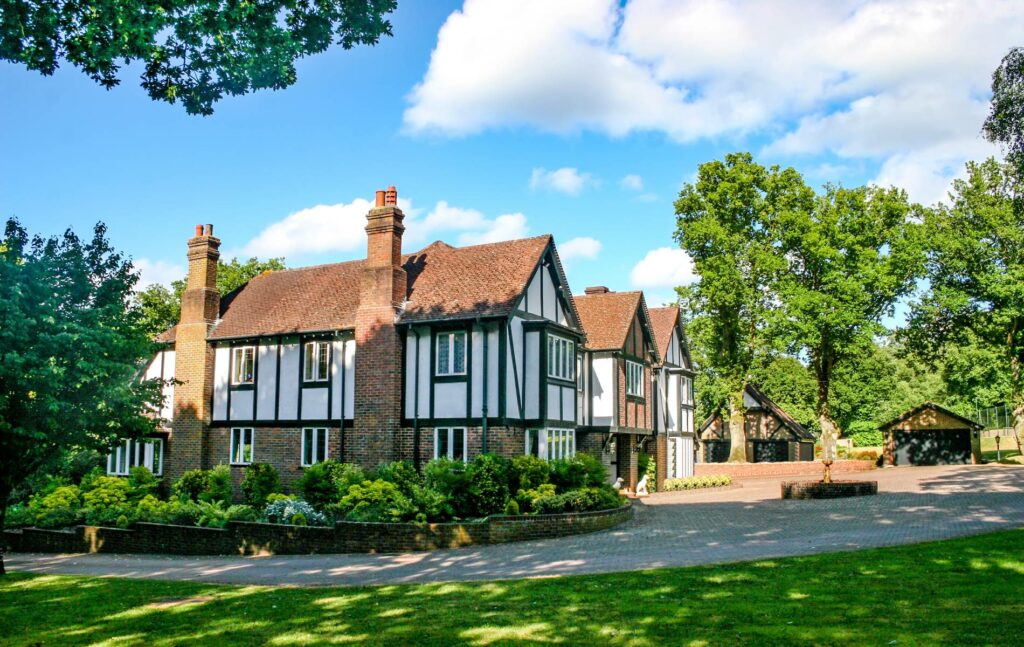
Expert guidance when navigating a busy property market
A UK Property Finder is not only an expert in finding properties but they are a knowledgeable and experienced guide when buyers are navigating a competitive market.
Having the representation of a buying agent has proved to be a winning component in a best and final offer scenario on many occasions, as sellers will rightfully ascertain that a buyer who has retained a buying agent is serious and committed to a purchase.
Buyers often find themselves frustrated in busy property markets, especially if they have missed out on several properties. To discuss your search in greater detail and learn more about how a buying agent could help with, not only finding but securing, your next home please do get in touch, without obligation.
